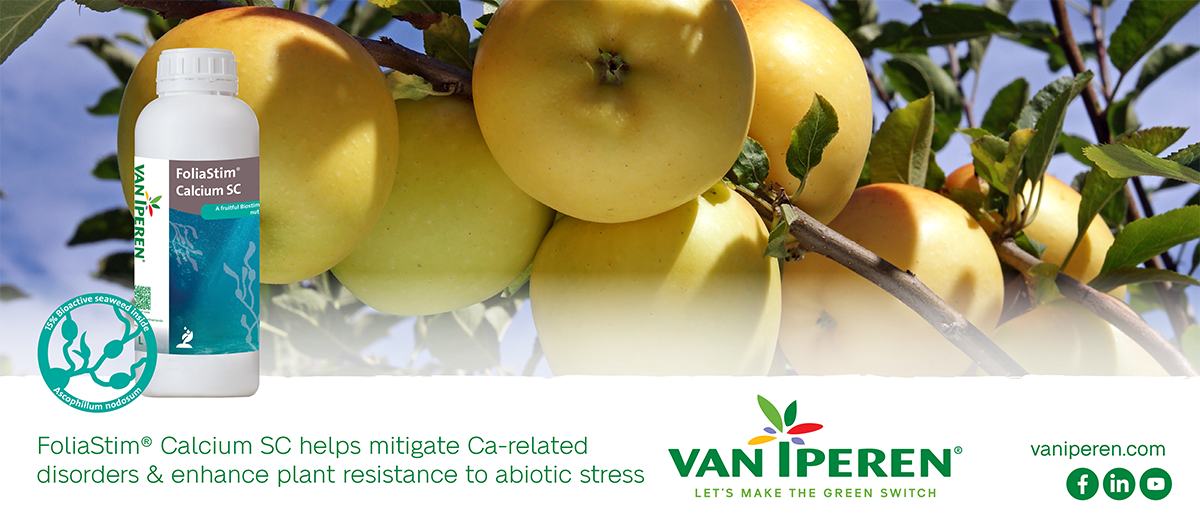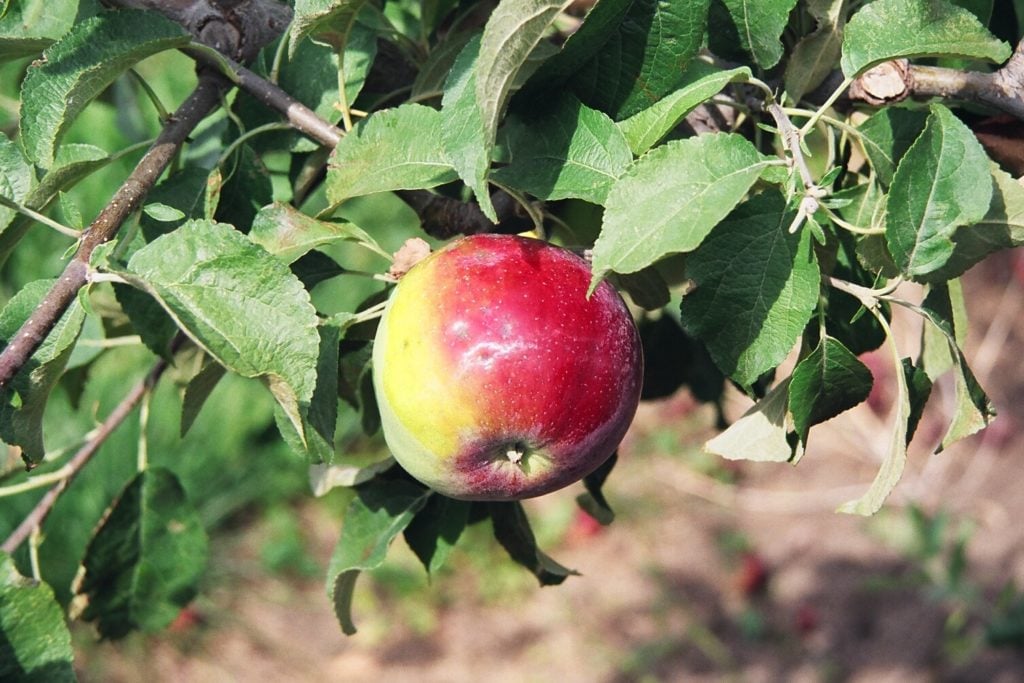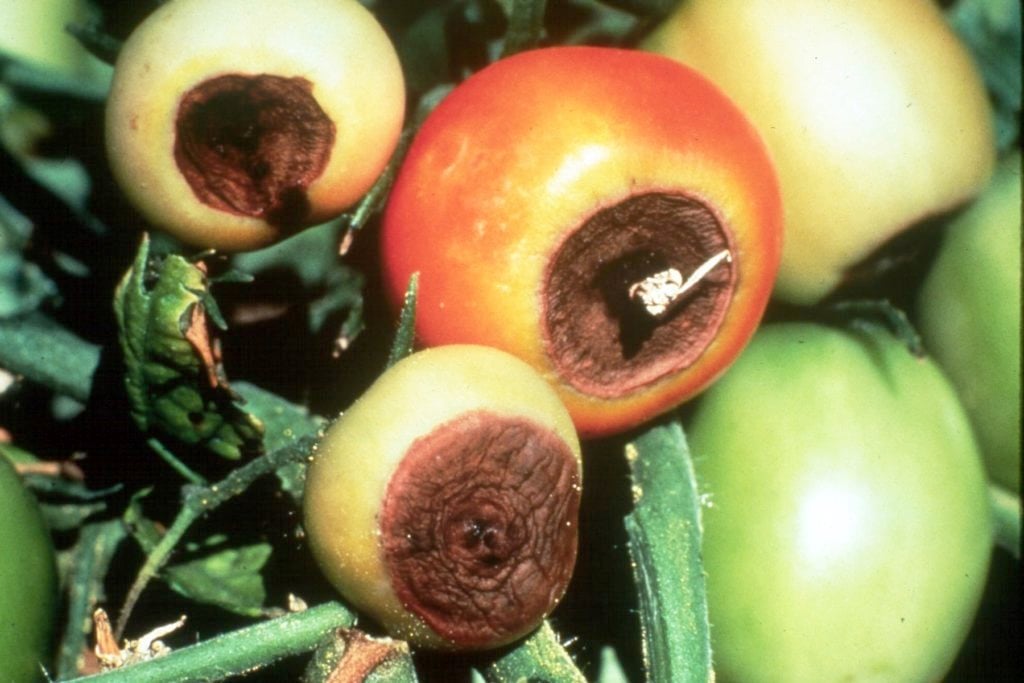Calcium is a secondary nutrient with a role in producing plant tissues -the formation of cell walls and cell membranes- and it has a vital function in soil structure.

A proper calcium intake is a key to normal root system development, a healthy fruit set, and quality fruit development at the same time as it stimulates photosynthesis and makes nitrogen use more efficient. So we can describe calcium as an element of primary importance.
How can calcium deficiency affect plants, and how to identify those symptoms?

In short, as calcium is a passive element, it relies on transpiration to reach its target: plant roots take up the needed calcium during the transpiration process and transport it to new growing parts. Conditions that slow transpiration, such as cold temperatures or high humidity, can induce calcium deficiency. The first symptoms of calcium disorders usually appear first in young leaves and fruit.
Bear in mind that fertilizer solutions with high levels of magnesium, sodium, or potassium can provoke a shortage of calcium in the plant because of cation uptake competition.

Some Ca-related physiological disorders include the death of growing points, premature shedding of blossoms and buds, tip burn, blossom end rot (BER), and bitter pit to name a few. Other symptoms of calcium deficiency affect fruit quality and firmness: the taste and shelf-life of fruits such as cantaloupes and tomatoes can be reduced significantly and perhaps that is the most economically impacting aspect of this issue.
How to fix calcium deficiency in plants?
Before talking about any product, it is important to determine that the needs for Calcium are important as early fruit set and fruit development. Timing is crucial, as past that date little can be done to recover from a potential deficiency. Also, another aspect is to make sure you control well your irrigation management and as much as possible causes that might lead to blocking this process.
Prevention is key: to treat plant calcium deficiency, we recommend FoliaStim® Calcium SC, a true innovation in foliar solutions. It is the first product on the market to combine highly concentrated and bioactive seaweed (15%) with calcium at such a high level.
Formulated without nitrates, chloride, or sulfate, using a high-quality calcium source such as FoliaStim® Calcium SC will help mitigate these deficiencies and enhance plant resistance to abiotic stress.
Applying FoliaStim® Calcium SC during critical development stages such as the early fruit growth stage can considerably improve fruit quality, quantity, and overall plant health.
FoliaStim® Calcium SC is part of our Algae Solutions. Discover the full range of seaweed-based products and how Ascophyllum nodosum can improve your yield.